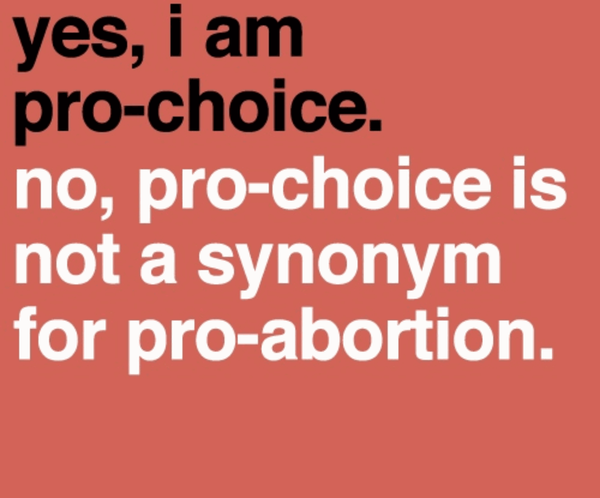Like most articles I write, this was inspired by a conversation that I had. Well, actually, from a conversation I overheard at my lunch table. I couldn't help but be intrigued.
"Is there such thing as morality without a God?"
Granted, as a Christian, I may be biased in my initial answer of "No." I personally believe that morality is a biblical thing, and that the standard for right and wrong comes from God, so morality would be non-existent without His existence.
Of course, I know not everyone believes this. But I couldn't help but wonder, where then do others believe morality comes from?
The debate which occurred at lunch was between a Christian boy, who shares my beliefs, and a non-religious girl who believes there is not a God. He asked her what morality is based off of then, if it wasn't religion. Her response was that it is learned from society.
This reminded me of the concept of humanism, which I have learned through various classes. Humanism is a secular notion that deals with innate human goodness, but moreover is based on rationalism. Evidence is essential to humanists, as they do not value faith or superstitions, and they believe that all claims must thoroughly thought through.
This begs to question, what exactly is "human goodness?" Furthermore, is this a universal concept?
The girl at lunch who was supporting that there was such a thing as a morality without God, and who also said that morality was learned from society, has a purity ring. She adheres to it, and is not afraid to say why she wears it. Yet, this is definitely something not taught by society. I would go so far to say that many secular humans in society would not include premarital sex as something that would defy existing in a state of "human goodness." After all, most of society accepts premarital sex as an inevitable thing.
There are other schools of thought on the subject, such as freethinking, which is similarly based off science and logical thought, as well as consequentialism, which asserts that the consequences which would occur for each action defines the acceptability of such behavior.
Take the concept of cheating, specifically cheating on a significant other. This concept is universally wrong. Yet, one could argue that it could be rationally justified with biological evidence about human desire and sex drive, and could be accepted in terms of consequentialism, as it could be done in a manner that no one would ever know, which would lead to no consequences.
Yes, after reading that, you think I am crazy--because that is crazy!! Cheating is wrong!! But where does that ideal come from? I am yet to see a school of thought that doesn't have some sort of way to rationalize at least some of the obviously wrong things in the world, be it cheating, lying, or whatever. And how can society teach morality, when every individual in society has different views on what morality even is?
The natural thought process would then lead one to believe that morality must be formed for each individual by taking threads of every other human's morality and subsequently weaving a unique perception. Yet, while some may have "looser morals" than others, all the overlapping concepts in morality come from a common place. Whether they choose to live by it or not, the human conduct that idealizes good ethics--that cheating, lying, judging, stealing, etc. is wrong--can be originally attributed to writings from the Bible.
Going back to the purity ring, that value can quite simply be traced back to a biblical basis. Same goes for cheating. Whether they have a belief in God or not, most people can trace their basic morals back to scripture. Yet, all that was written in the Bible came from God himself, so while one may not personally uphold all of the morals mentioned in the Bible, the fact that even one practiced virtue comes from the Bible holds evidence that they believe in some degree in the validity of the Bible. Since scripture is 100% God's word, it is impossible to knowingly pick and choose sections you want to believe and not believe--You can't believe that there is 30% of a God if you accept 30% of the Bible.
It is like only believing one page of a credited textbook and discarding the rest because you only have previously used the information on that one page; it doesn't make sense to only hold the validity of the one page that you are personally knowledgable about, if you believe one part of the book, you would then give credit to the author and continue to trust the rest of the information in the book. Why don't people do that with the Bible? Most people believe at least parts of it are true, so what makes people stop believing?
So, here is an open question to all: If you do not believe in God but you believe there is a morality, what is the basis for your morality? Would a worldly-based morality be ideal, even theoretically? What would be the motivator to do good even if it was not logically beneficial? No judgement, no condescension, but really, I want to know. Seriously, I just wrote this whole dang article because I am so intrigued, I'd like to get an answer. I don't say this to try and convert anyone, but rather to share my thought process in hopes of hearing the views of others. DM me, email me (graceloehr@gmail.com), let me know what you think. What do you think the answer is?





















